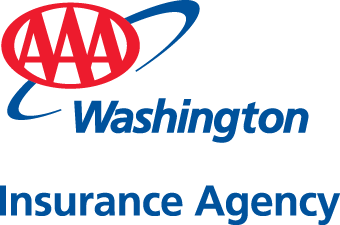Know the Basics of Business Property Insurance
If you start a small business, you will eventually need to protect your business with the adequate insurance coverage. Although business coverage is often bundled into a business owners policy, or a BOP, it’s worthwhile to learn about each specific type of coverage included in this bundle. One of the most important coverages is business property insurance, also known as commercial property insurance.
What is Business Property Insurance?
This coverage protects almost all of your business’s physical assets, including supplies, equipment, products, records/documents, fixtures, buildings/structures, etc. It insures against losses from a list of common perils, including theft, fire, storm damage and many more.
What Property is Not Covered?
One common type of property that is not covered is vehicles; this is because they fall under the protection of a separate type of coverage — commercial auto insurance. There may be uncommon types of property that are also not covered; check the details of your policy for any additional exclusions, which should be listed in the insurance contract.
What Perils Are Not Covered?
Similar to homeowners insurance, damages caused by earthquakes and floods typically aren’t covered by commercial property insurance. If you live in an area affected by these perils, however, you may be able to add flood or earthquake protection at an additional cost. Typical wear or depreciation of your equipment isn’t covered either.
How Much Does Commercial Property Insurance Cost?
It’s difficult to provide an estimated cost for this coverage, because it varies greatly depending on the specifics of each business. In general, the insurance for riskier businesses and those that own more valuable assets is higher. For example, a toy store typically faces far less risks and has far fewer valuable assets than a mechanic shop filled with expensive and potentially dangerous equipment, so the mechanic’s shop may pay more for commercial property insurance coverage. Deductibles typically are around $500 to $1000 per incident.
Who Pays for Property Insurance?
A business pays for its own commercial property insurance, even if they lease the building. In fact, a business may be required by the landlord to purchase coverage. The landlord typically has its commercial property coverage for the building, but insurance is necessary for your business to protect everything in your leased space. Note that the landlord’s premiums depend on the risk level of the tenants’ businesses.
What Are “Replacement Cost” and “Actual Cash Value” Coverages?
These are two coverage options that determine how much the insurance provider pays out when you make a claim. The replacement cost coverage pays you the cost of a brand-new replacement for your property. The actual cash value pays the value of used property, including depreciation. For example, if your 5-year-old forklift is destroyed in a fire, actual cash value protection pays out the actual value of a used, 5-year-old forklift. Replacement cost protection pays out the cost of a brand-new replacement forklift. Because replacement cost coverage always results in a larger payout, its cost is typically higher than those of actual cash value coverage.
Business property insurance is a complex product. Work with a knowledgeable business insurance agent, who can walk you through the necessary steps and offer invaluable insights to help you get the exact customized coverage for your business needs.
– Written by Matt Forrest, last updated in January 2023.

